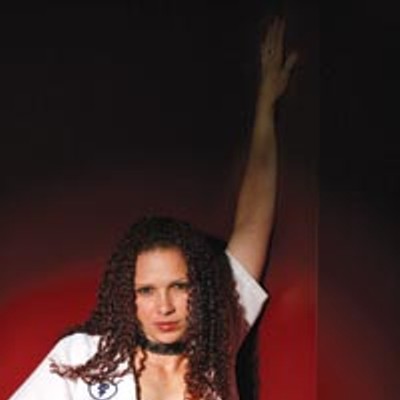How much has popular culture influenced how people think about love?
Historians of marriage and love have long maintained that there was a shift in the 19th century to a model where people expected to marry for love: Instead of a discourse of selecting the [economically] appropriate mate, marriage begins to be justified by this older [medieval] set of discourses about falling in love, a kind of mysterious process. Historians credit the novel with this because they don't have another good way to explain it. It's my argument that romance begins as a set of literary conventions.
Doesn't romance have some intrinsic appeal?
People -- not everyone, but individuals -- had long chafed against arranged marriages. I believe that there is a human capacity for infatuation. This is what romantic love thematizes: It almost equates love with this sense of infatuation. Other cultures tended to regard this reality as a danger, because it could disrupt the social order. The system that comes into development in the 19th century finds a way to incorporate this capacity within a kind of social order, so that people are allowed to have their infatuations, but the claim is that it ought to lead to marriage.
In Modern Love, you distinguish between "romance" films, including screwball comedies, and the newer genre of "intimacy" films.
Romantic comedies are traditionally films about courtship, and they follow the predictable pattern of "boy meets girl, boy loses girl, boy gets girl back." A relationship is proposed, there are obstacles to that relationship, and in the end those [obstacles] are overcome in marriage. In the screwball version of that, everything remains the same except that the couple that we initially meet have already been married, frequently to each other.
In [intimacy] stories, the focus is on not the process of getting to marriage, but in one way or another on what it's like to be in a relationship, whether that's a married relationship or this new category, which didn't exist prior to World War II, for which we now simply use the word "relationship." What is most distinctive about these films is they claim there's something to be said about a relationship. Romance basically has not been able to talk about that, because marriage is always the end -- romances always end in either marriage or death!
What was the earliest relationship film?
It's Annie Hall really for the first time which disengages these stories from the pattern of marriage governing the narrative. The structure of the film is that we know from the beginning that this is a failed relationship. So instead of giving us this essential overcoming-of-obstacles story, we get a story that's really about the obstacles. But the obstacles are no longer just obstacles; they are real problems. It tries to tell us something about why people have trouble relating to each other.
How do your students confront these ideas?
It's very, very hard for students of college age to seriously think about these questions, because most of them are so deeply invested in them. They often react to the claim that romance is a cultural construction which may be in some ways misleading or dangerous as if you've told them there's no Santa Claus. Which of course is interesting because they often can't tell you why they have that faith in it. It's not that someone in Sunday school told them to believe in it as, say, they might believe in Jesus. It's part of the evidence that people really do learn this stuff from popular culture.
Do you have any favorite movies about love?
Manhattan is my favorite of the relationship stories. Probably because I just love to look at it. The black-and-white photography and the widescreen, the views of New York City, all of that. I guess I like it also because it most successfully balances the image of relationships as difficult with, on the other hand, a hopeful view of them: the idea that it's not impossible. It is the most complex of Woody Allen's films in its conception of relationships, which unlike many of them offers a simple, workable definition of love, which Allen puts in the mouth of the Mariel Hemingway character.
And that is?
"We have laughs together. Your concerns are my concerns. I care














